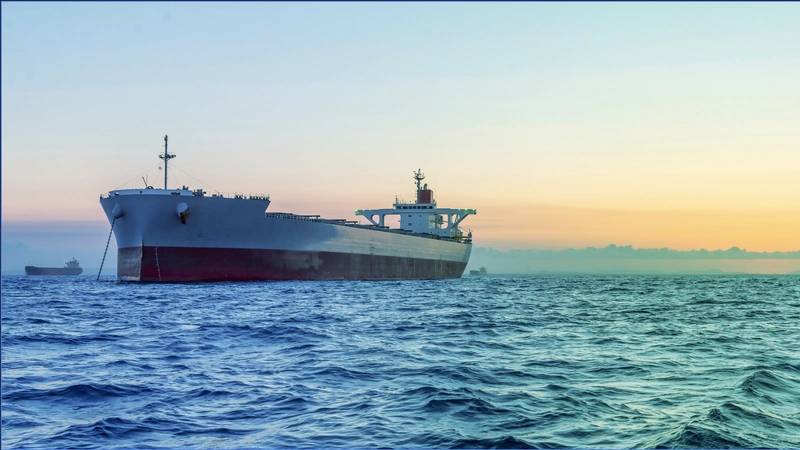Navigating Green Seas: MEPC 83 Unveils Groundbreaking Maritime Environmental Strategies

Maritime Environmental Guardians Convene: IMO's MEPC Holds Crucial Meeting in London
The International Maritime Organization's Marine Environment Protection Committee (MEPC) gathered for its landmark 83rd session, marking a significant milestone in global maritime environmental stewardship. From April 7 to 11, 2025, leading experts and representatives from around the world converged at IMO Headquarters in London to address critical environmental challenges facing the maritime industry.
This in-person session represented a pivotal moment for international maritime environmental policy, bringing together key stakeholders to discuss and develop strategies for sustainable ocean protection. The committee's comprehensive discussions are expected to shape future maritime environmental regulations and conservation efforts, highlighting the ongoing commitment to preserving our planet's marine ecosystems.
